Dengya Zhu
Relevance Judgment Convergence Degree -- A Measure of Inconsistency among Assessors for Information Retrieval
Aug 08, 2022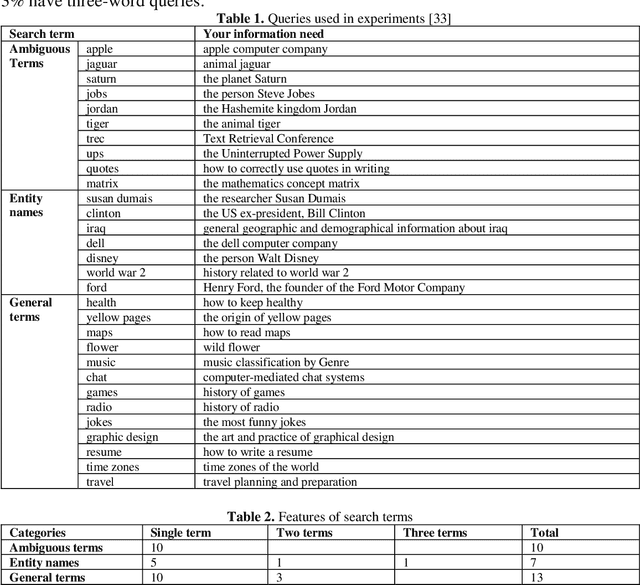
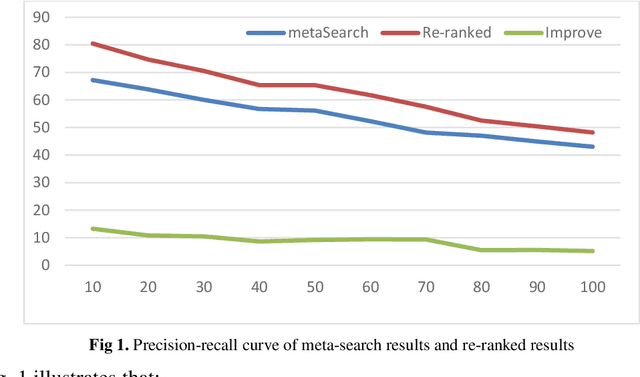
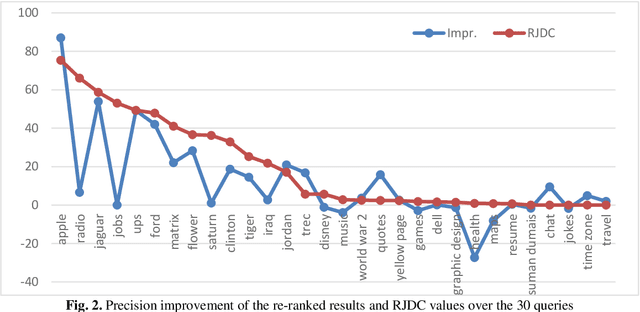

Abstract:Relevance judgment of human assessors is inherently subjective and dynamic when evaluation datasets are created for Information Retrieval (IR) systems. However, a small group of experts' relevance judgment results are usually taken as ground truth to "objectively" evaluate the performance of the IR systems. Recent trends intend to employ a group of judges, such as outsourcing, to alleviate the potentially biased judgment results stemmed from using only a single expert's judgment. Nevertheless, different judges may have different opinions and may not agree with each other, and the inconsistency in human relevance judgment may affect the IR system evaluation results. In this research, we introduce a Relevance Judgment Convergence Degree (RJCD) to measure the quality of queries in the evaluation datasets. Experimental results reveal a strong correlation coefficient between the proposed RJCD score and the performance differences between the two IR systems.
Improving Question Answering over Knowledge Graphs Using Graph Summarization
Mar 25, 2022
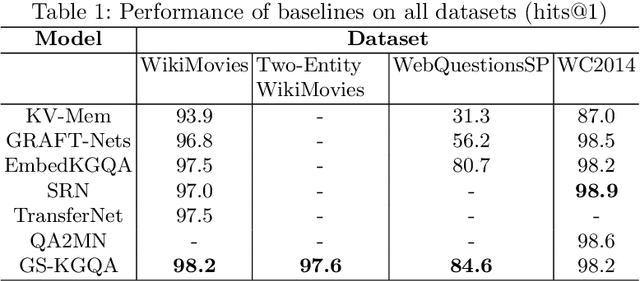
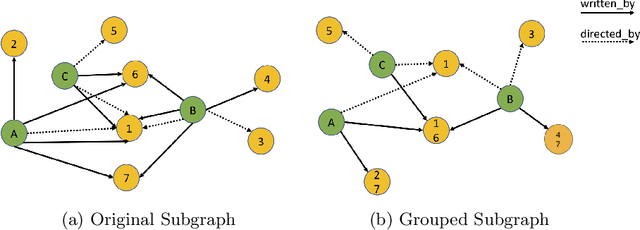

Abstract:Question Answering (QA) systems over Knowledge Graphs (KGs) (KGQA) automatically answer natural language questions using triples contained in a KG. The key idea is to represent questions and entities of a KG as low-dimensional embeddings. Previous KGQAs have attempted to represent entities using Knowledge Graph Embedding (KGE) and Deep Learning (DL) methods. However, KGEs are too shallow to capture the expressive features and DL methods process each triple independently. Recently, Graph Convolutional Network (GCN) has shown to be excellent in providing entity embeddings. However, using GCNs to KGQAs is inefficient because GCNs treat all relations equally when aggregating neighbourhoods. Also, a problem could occur when using previous KGQAs: in most cases, questions often have an uncertain number of answers. To address the above issues, we propose a graph summarization technique using Recurrent Convolutional Neural Network (RCNN) and GCN. The combination of GCN and RCNN ensures that the embeddings are propagated together with the relations relevant to the question, and thus better answers. The proposed graph summarization technique can be used to tackle the issue that KGQAs cannot answer questions with an uncertain number of answers. In this paper, we demonstrated the proposed technique on the most common type of questions, which is single-relation questions. Experiments have demonstrated that the proposed graph summarization technique using RCNN and GCN can provide better results when compared to the GCN. The proposed graph summarization technique significantly improves the recall of actual answers when the questions have an uncertain number of answers.
 Add to Chrome
Add to Chrome Add to Firefox
Add to Firefox Add to Edge
Add to Edge